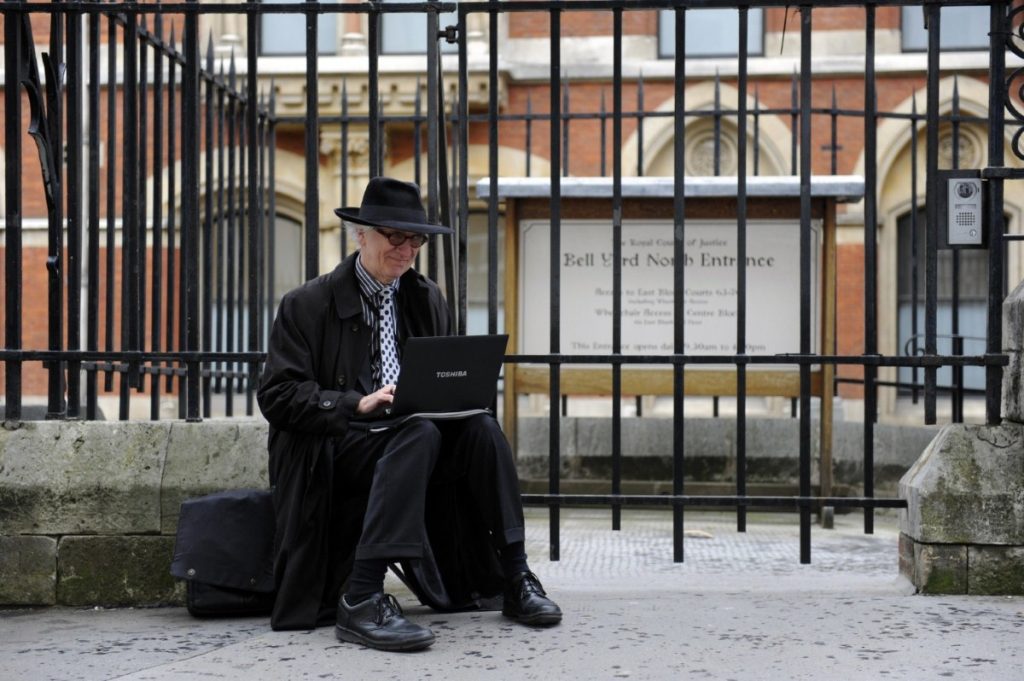Comment: Diamond isn’t a bike’s best friend
By Chris Waterman
The bikes for hire scheme has been one of the stand-out successes of Boris Johnson’s mayoralty to date, pressing green buttons, congestion buttons, and anti-obesity buttons (with more buttons being able to be done up, presumably).
There was concern at its inception about the “sponsorship” from Barclays Bank: it was never about philanthropy. The arrangement was either a straightforward commercial decision, comparing the cost of the advertisements against the costs of the alternatives, or it was a commercial decision tempered by the close relationship between the Mayor and the now-departed Chief Executive of the bank.
There is no doubt that the scheme has been successful and there is no evidence of the effect of the Barclays branding on the use of the scheme. One can be pretty certain that the branding has not attracted any additional users (unless the bank offers incentives to those staff who go out of their way to be seen riding a Barclays bike) but the likelihood is that some people have been discouraged by using a rolling bill-board.


If offered the choice between a Barclays Bike and a Vélib (the unadorned Parisian version) a straw poll of my colleagues reveals a heavy preference for the latter.
Now that we have the bikes, has anything changed that makes Barclays Bikes less acceptable?
The answer, of course, is yes.
The admission by Bob Diamond, disgraced former Chief Executive of Barclays Bank that the bank has behaved in a “reprehensible manner” and profited hugely at the expense of both its customers, the public purse and, potentially, the global economy is surely sufficient justification for cancelling the contract.
Are there precedents? Yes
When the private behaviour of a leading American golfer ceased to bring the right sort of exposure to his sponsors, he was immediately dumped (by some of them at least). In England, drug-taking celebrities and philandering footballers have also had contracts advertising contracts cancelled.
The reason for these cancellations can be summed up a fear of guilt by association. If London’s hire bikes are not cleansed of Barclays branding, our capital city, only days away from global coverage of the Olympics, will suffer a similar fate.
There is an essential difference between the examples cited above and London’s bikes of course. In the examples above it was the behaviour of the individual sponsored that caused the contracts to be cancelled. In this case it is the behaviour of the sponsor that is under the spotlight.
It may be that there is not the same sort of cancellation clause in the Mayor’s contract with Barclays that must be standard in contracts between celebrities and sponsors. In future, those seeking sponsorship should consider putting in something like:
"In the event of the sponsor bringing [the recipient of sponsorship] into disrepute as a result of the disreputable behaviour of the sponsor, the [the recipient of sponsorship] shall have the right to cancel the contract, but the sponsorship shall be paid in full up to the end date of the contract.”
For those concerned about the loss of the revenue from the scheme, there are other sponsors who would be eager to pick up the contract. Given the other fish that Barclays has to fry, it would be highly unlikely to take the Mayor to court if he cancelled the contract. If no other sponsor could be found immediately, there is of course the £290m fine money, a fraction of which might be used to support the scheme in the short term.
This single instance raises much bigger questions about the relationships between the public and the corporate sector, but in particular about corporate branding on public provided services. In echoes of other recent events, there is also need for more transparency about the extent and nature of arrangements made between the biggest beasts in the corporate and public sector.
The bigger the diamond, the more facets there will be.
Chris Waterman is a commentator on public policy issues and is director of design at www.reducedpolicycompany.com Follow the “Rebrand Barclays Bike” campaign.
The opinions in politics.co.uk's Comment and Analysis section are those of the author and are no reflection of the views of the website or its owners.

